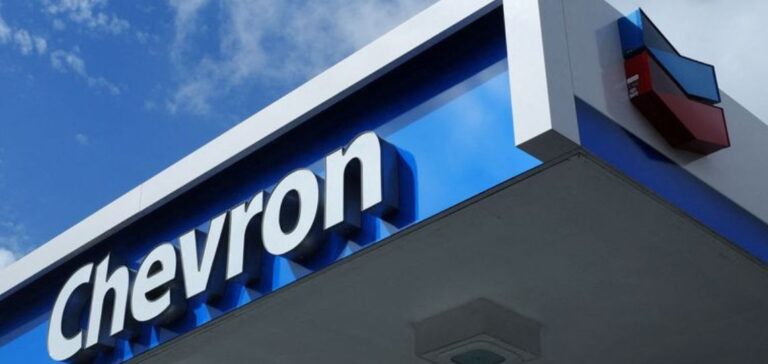Chevron has announced the sale of its remaining oil and gas assets in the UK, including its minority stake in the BP-led Clair oil field and infrastructure around the Shetland Islands. This decision is part of an overall approach to rationalizing its portfolio, and not in response to UK economic, fiscal or political conditions.
Rationalization strategy
The Chevron spokeswoman said the sale was part of a regular review of their overall portfolio, aimed at maintaining strict capital discipline in both traditional and new energies. Chevron holds a 19.4% non-operated interest in Clair, as well as various interests in the Sullom Voe terminal, the Ninian pipeline and the Shetland Islands Regional Gas Export Pipeline (SIRGE).
Background and implications
The Clair field, located in the Atlantic waters west of the Shetland Islands, covers 220 square miles and produces heavy oil, which is unusual for British oil fields. Since it began production in 2001, the field is expected to continue producing for decades to come, thanks to several development phases. BP is considering a potential third phase after the start-up of the second phase, Clair Ridge, in 2018.
Performance and outlook
Production from the Clair field averaged just over 60,000 barrels per day in 2023. However, production from Clair Ridge has fallen short of expectations, reaching barely half the platform’s 120,000-barrel-per-day capacity in October 2021. Chevron, alongside its American counterparts, played a central role in the development of the North Sea oil industry, but most American companies have now withdrawn, with the notable exception of ConocoPhillips, which maintains a significant presence in Norway.
Previous players and transactions
In 2019, Chevron sold its interest in the Rosebank oil project in the UK, now developed by Norway’s Equinor, and subsequently sold other North Sea assets to Ithaca Energy. Chevron is also one of nearly twenty co-owners of the Sullom Voe terminal, operated by Enquest, a loading point for Brent crude oil blend, volumes of which are in sharp decline.
The sale of Chevron’s UK assets underlines the company’s strategic shift towards more optimized management of its global portfolio. This decision is expected to take several months and may or may not result in an actual sale, marking a new stage in the evolution of Chevron’s presence in the global oil sector.
.






















